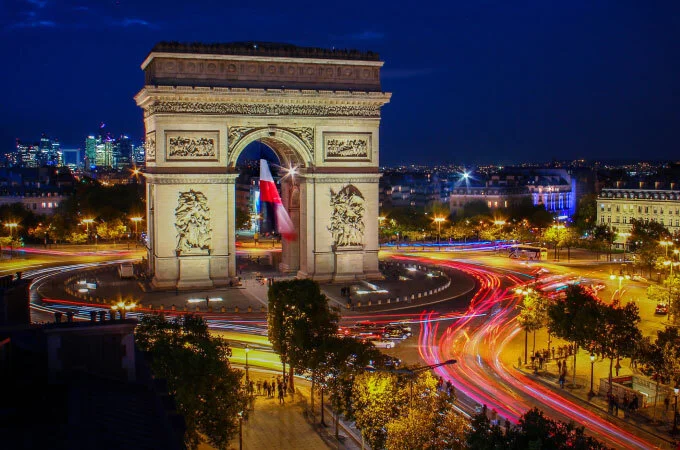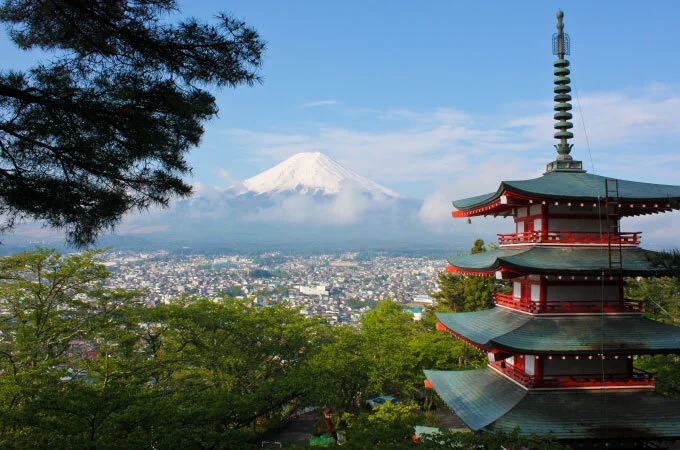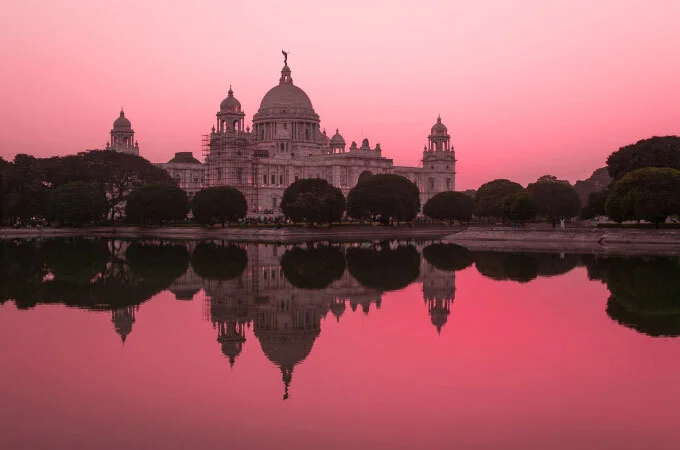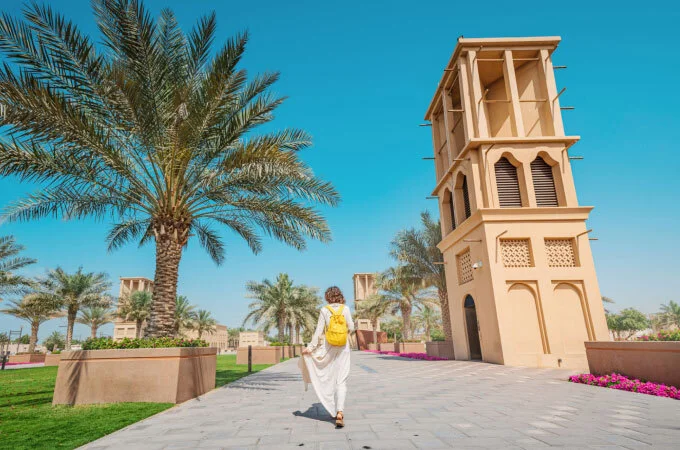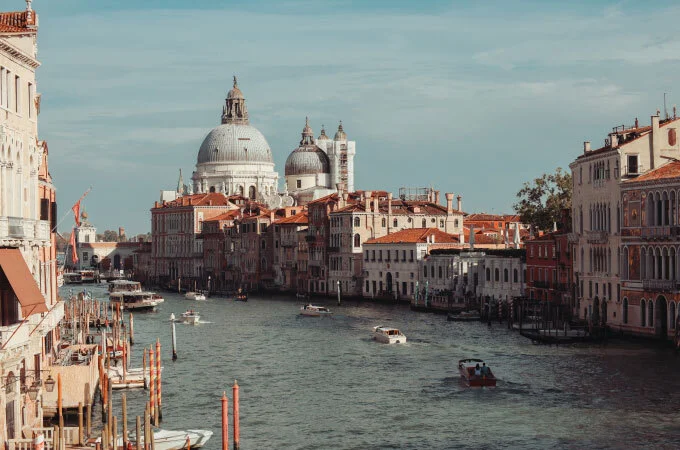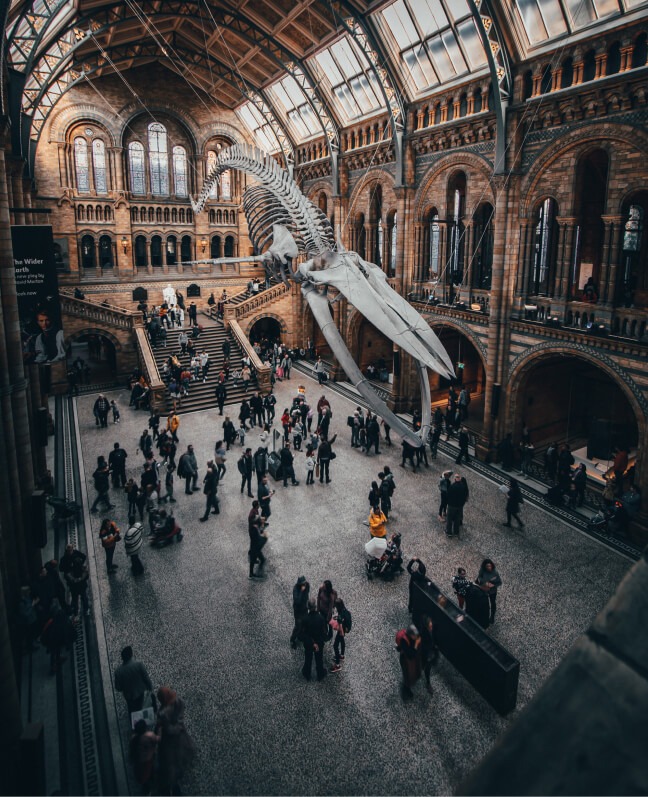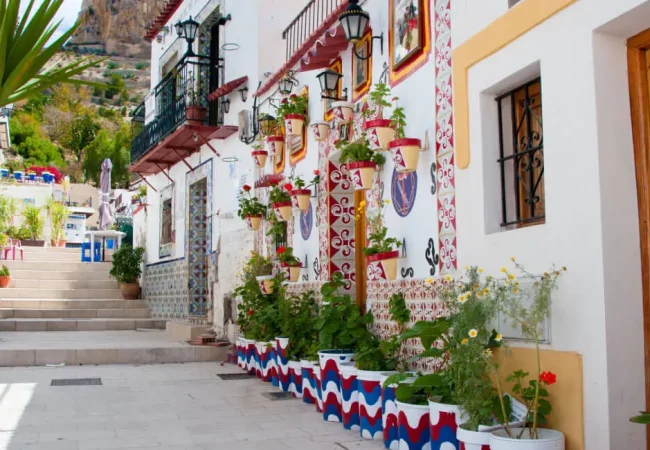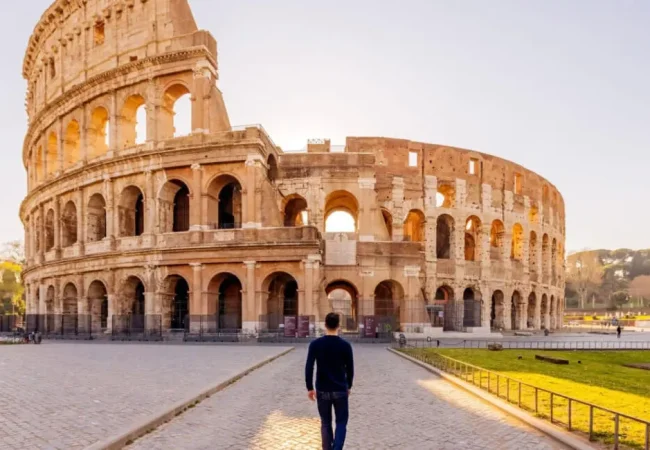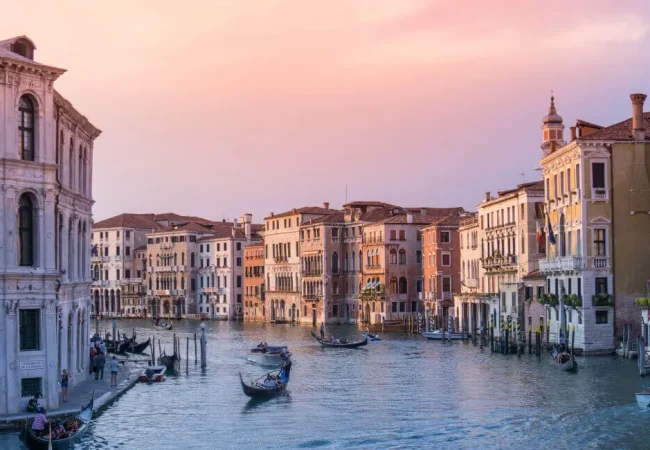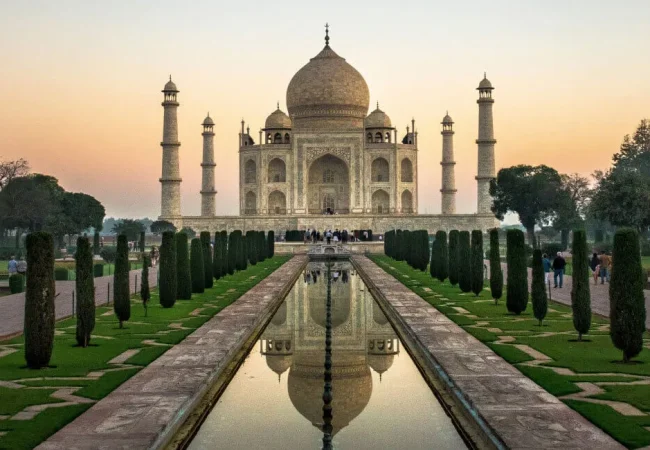Welcome To Saudi Arab
Saudi Arabia boasts one of the richest histories in the world, tracing its heritage back to ancient civilizations that flourished in the Arabian Peninsula. As the birthplace of Islam, Saudi Arabia holds significant religious importance with the holy cities of Mecca and Medina.
Considered a cradle of civilization, the Arabian Peninsula saw early developments in trade, agriculture, and urbanization. Saudi Arabia’s long and diverse cultural heritage is an integral part of its national identity, reflecting its unique location as a crossroads of Africa, Asia, and Europe.
Islam, which began in the 7th century, has deeply influenced Saudi society, culture, and governance. Modern Saudi Arabia was founded in 1932, following the unification of the various tribes and regions under King Abdulaziz Al Saud. Since then, it has transformed from a largely desert nation into a modern state, rich with oil resources and economic development. Today, Saudi Arabia is known for its ambitious Vision 2030 initiative, aiming to diversify its economy and reduce dependence on oil, while promoting cultural and social reforms.
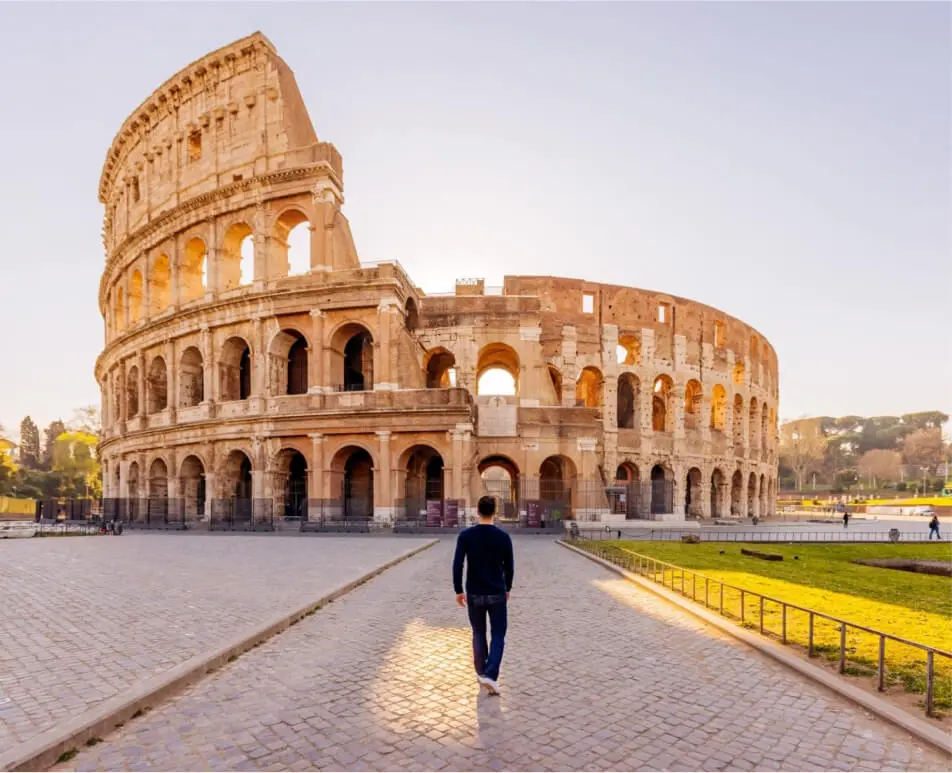

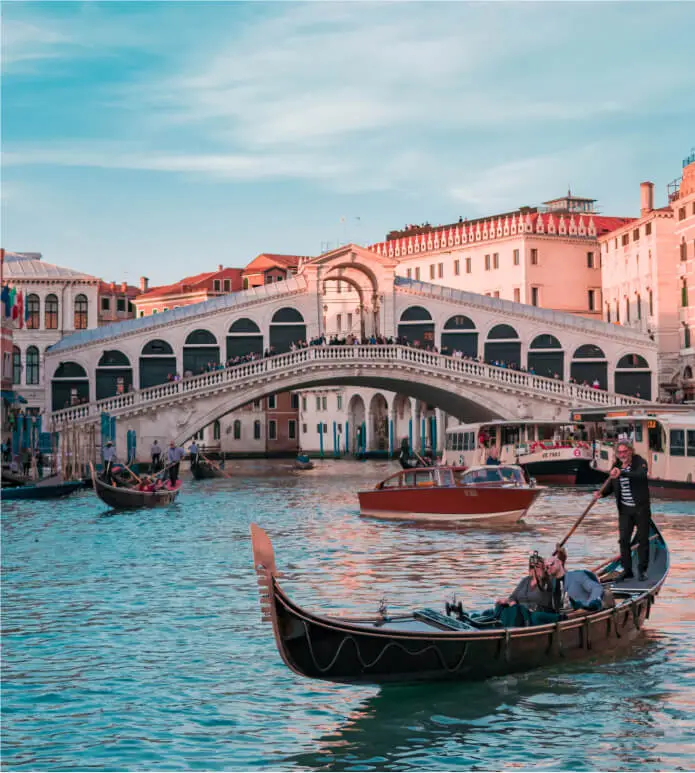



Heaven On Earth
Egypt has one of the longest histories of any country, tracing its heritage along the Nile Delta back to the 6th–4th millennia BCE. Considered a cradle of civilisation, Ancient Egypt saw some of the earliest developments of writing, agriculture, urbanisation, organised religion and central government.[15] Egypt’s long and rich cultural heritage is an integral part of its national
- Exploring ancient ruins, historical landmar.
- Immersive cultural experiences, local.
- Hiking, trekking, extreme sports, and out.
- A romantic destination like Paris, Venice.
- Kid-friendly activities, theme parks family.
- Premium accommodations, gourmet.


